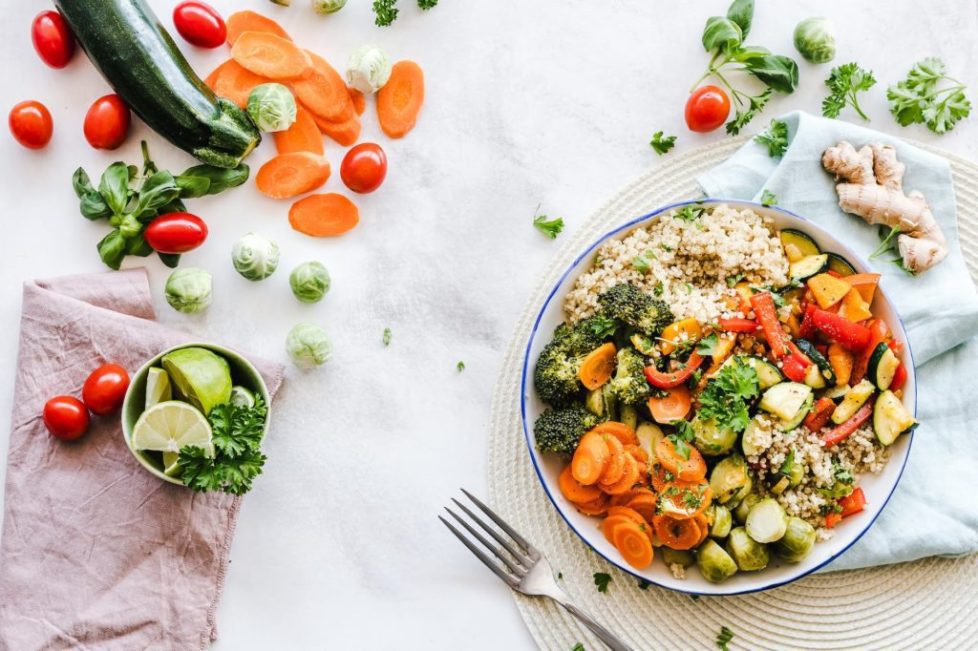
The Mediterranean diet is a way of life that is characterized by a diet mainly composed of fruits, vegetables, Whole grains, nut, seeds, legumes and olive oil. It also includes a moderate consumption of fish, poultry, eggs and dairy products, as well as small amounts of red meat. The Mediterranean diet is known for its health benefits, including reducing the risk of heart disease, type diabetes 2 and certain types of cancer.
Does olive oil make you fat ?
Olive oil is a source of healthy fats, but like all high fat foods, it is important to consume it in moderation so as not to gain weight. A study found that olive oil can actually be beneficial for weight loss when used as a replacement for other sources of saturated fat in the diet. However, it is important to continue to watch the portions and not to consume in excess.
Olive oil is made up of 100% of fat unlike butter which only makes 80%, so we cannot say that olive oil, just like other oils, don't make you fat. The big difference from a nutritional point of view is that their fat is part of the “unsaturated fats”. The benefits of olive oil are therefore better for the health.
The mills of Provence respect the traditions so that these benefits can be always as effective.
For simplicity, saturated fatty acids solidify at room temperature, for example : butter, crème, pork fat, beef, duck, goose, Palm oil. Difficult to evacuate by the body, saturated fatty acids promote bad cholesterol, diabetes, hypertension and therefore cardiovascular problems.
Olive oil and calories
It is important to watch the portions of all foods, including olive oil, to maintain adequate caloric intake and control your weight. One tablespoon of olive oil contains approximately 120 calories, which is quite high compared to other foods. However, when used as a replacement for other sources of saturated fat in the diet, olive oil may help reduce total calorie intake and promote weight loss.
Olive oil or butter ?
Olive oil and butter are both sources of fat, but they differ in saturated fat content and health benefits. Olive oil is rich in monounsaturated fatty acids, which can help lower bad cholesterol levels in the blood and prevent heart disease. Butter, on the other hand, is high in saturated fat, which can increase bad cholesterol levels and increase the risk of heart disease. In general, olive oil is considered a source of healthy fats and can be used in moderation in a balanced diet.